
Don’t imagine that the British Parliament voting down action on this occasion is the end of the affair. War is ubiquitous. There’s always another one around the corner or the resurgence of the one you just kicked into touch. We can be sure that before the end of his term, (so much longer than the terms at Eton) Cameron will once again march his forces up to the top of hubris hill and next time there’s no guarantee that he will march them back down again.
What Cameron probably fails to appreciate is that the man on the end of the phone is an addict and he runs the risk of becoming addicted to the same toxic hubris of all recent Prime Ministers faced with a decision to preside over a history enhancing military intervention. Not a week goes by when our most famous middle-east peace envoy isn’t advocating military action against Iran, Syria or that dodgy Muslim grocer down the high road who is definitely, according to intelligence, overcharging for onions.
Blair was always susceptible. He saw the Falklands effect on Margaret Thatcher and recognised a significant factor in distracting the electorate from examining too deeply his style over substance approach to political ideology was a short satisfying military action with an relatively defensible raison d’etre.
His first taste of the forbidden fruit was Bosnia. The moral case was clear - prevent the Serbs from another bout of ethnic cleansing after 8,000 Bosnian Muslim men and boys were massacred in Srebrenica. Then, when the tide turned and the Albanians returned to wreak vengeance on the Serbs, Tony resolutely looked the other way. Even as scores of Albanian children were named ‘Tonibler’ in honour of their saviour, he had moved on to set up his next score. It wasn’t enough and the first hit is always for free. You don’t pay until you are hooked.
He has learnt a little, our Tone. He no doubt has advised Cameron against compiling a dossier on Syria’s use of chemical weapons. Instead a ropy Joint Intelligence Committee analysis that could no more than suggest that it was possibly probable on a wet Wednesday when all things had been considered that Assad might possibly, even probably, but never definitely have been involved in the use of something that may be described as toxic, or skin-altering, such as fake tan or even maybe phosphorus. Oh wait, no, not phosphorus, that’s what the Americans used in Fallujah and there wasn’t any need for international condemnation or a red line there. Let’s just say chemical, possibly. And the Syrian rebel groups, including those affiliated with Al Qaida, have very probably, possibly rained fairy dust on their enemies, but never, ever anything vaguely chemical. Perhaps.
After the reverberations of his humiliation at the hands of the House of Commons have died away, the only sound ‘Call me Dave’ will hear at Number 10 is the insistent ringing of his telephone. If he has learnt anything at all this week, he’ll let it go to voicemail.
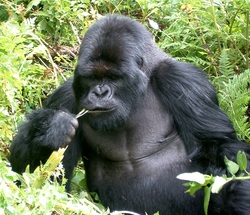
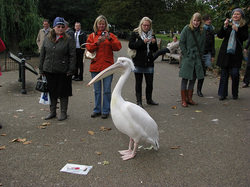


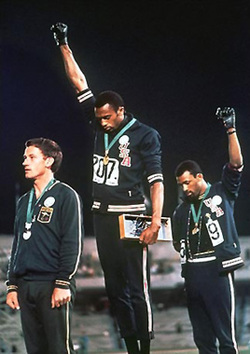
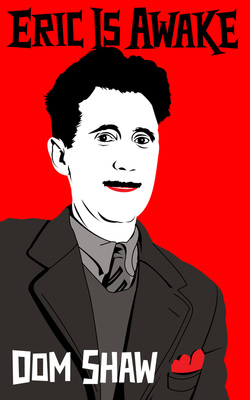

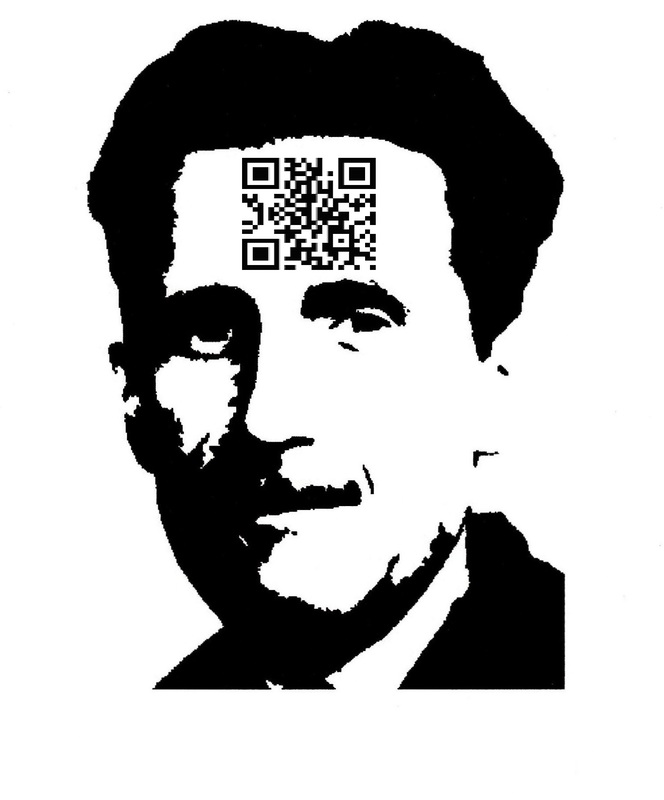
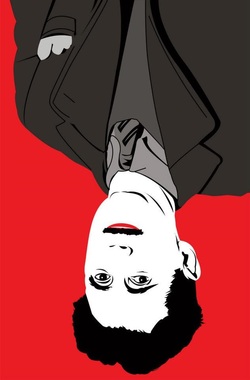


 RSS Feed
RSS Feed